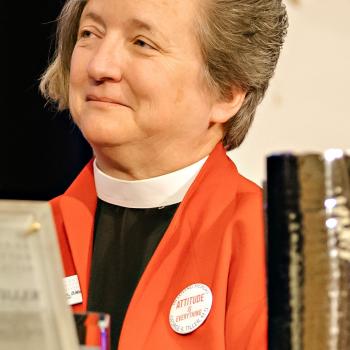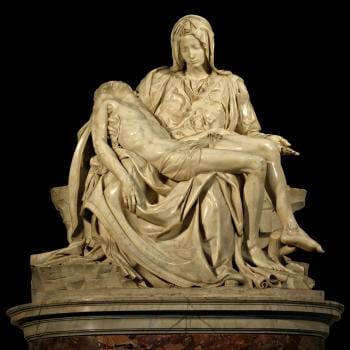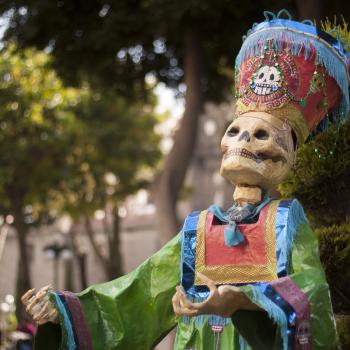 As an ordinary parish priest it falls to me to actually deal with the cases of divorced and re-married people.
As an ordinary parish priest it falls to me to actually deal with the cases of divorced and re-married people.
I’m the person on the front line, and am therefore the one who has to deal with their questions and help them in their chosen situation.
Therefore I am grateful for any guidance from above, and any bishop who offers advice on the way forward is trying to help me do my job.
I have read with interest the letter from from Archbishop of Malta giving advice on how to administer the eighth chapter of the Holy Father’s Amoris Laetitia.
Archbishop Scicluna’s words are kindly and pastoral and, no doubt he intends to be a good pastor to his people. Unfortunately, his letter raises in my mind another question.
This is the controversial paragraph:
- If, as a result of the process of discernment, undertaken with “humility, discretion and love for the Church and her teaching, in a sincere search for God’s will and a desire to make a more perfect response to it” (AL 300), a separated or divorced person who is living in a new relationship manages, with an informed and enlightened conscience, to acknowledge and believe that he or she are at peace with God, he or she cannot be precluded from participating in the sacraments of Reconciliation and the Eucharist (see AL, notes 336 and 351).
I am certainly all for helping the divorced and civilly re-married find their way back into communion with the church. I realize from first hand experience how complicated these situations can be and I am especially concerned for the victims of a terrible marriage–the spouse and children who are abandoned and abused. I don’t want to be “rigid” and I certainly don’t want to kick anybody out of the church because of their irregular marriage.
What troubles me in the Maltese bishops’ document is that it opens the door to complete subjectivity. Rather than saying to a divorced and re-married person, “I’m afraid you are objectively outside full communion with the Catholic Church. Now what can we do about that?” It allows for an individual decision by a parish priest based on “a process of discernment, undertaken with humility, discretion and love for the Church and her teaching, in a sincere search for God’s will and a desire to make a more perfect response to it.”
Yes, but in practical terms what does this mean? Father Lax takes this to mean “If you think your situation is okay with God you go ahead and receive communion.” Meanwhile Father Rigid takes it to mean, “After a long period of penance, prayer and self denial you should come to the conclusion that I have already come to, that you should come to the Eucharist, but you should not receive communion.”
The more disturbing phrase is that if the person believes “that he or she are at peace with God” they cannot be precluded from participating in the sacraments of Reconciliation and Eucharist. Again, what is most concerning is the continued ambiguity. Notice that the bishop doesn’t actually say, “They may receive the Body and Blood of Christ.” He says they may “participate in the Sacraments of Eucharist and Reconciliation.”
But they are already welcome to participate in these sacraments. If they are divorced and remarried they can go to confession and confess that they are in an irregular relationship and receive absolution. Then they may seek a decree of nullity and attempt to live as brother and sister until such time that their relationship can be regularized. In that sense they have always been able to go to confession. Nothing has changed.
They also have always been able to participate in the Eucharist. Indeed, they are encouraged to do so. What they are not encouraged to do is to receive communion. The Bishops of Malta, in remaining ambiguous on this point, are being either naive or disingenuous. Do they mean that the divorced and re-married may receive communion or not? They may certainly participate in the Eucharist. In this sense nothing is new, but by “participate in the Eucharist” the lax will conclude that this means to receive communion whereas the rigid will conclude that it means they should come to Mass, but NOT receive communion.
Consequently, the bishops of Malta, in their well meaning attempt to clarify the issue have only continued the relativistic ambiguity. Rather than clearing the waters they have only muddied it further.
I don’t believe I am being particularly harsh or rigid, but simply seeking the way forward with compassion for those Catholics who are outside full communion because of this issue, to assist them and accompany them to live and walk within the teachings of the church.
Here is an example from my own pastoral experience: Continue Reading
Image Creative Commons via Bing
















